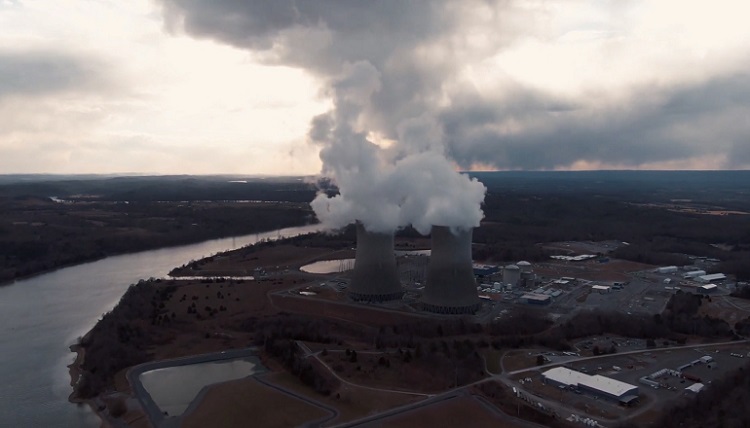Have you ever stopped to think about where your electricity comes from? It's easy to flip a switch and take it for granted, but the truth is that most of the electricity we use is generated from coal. Coal is a cheap and abundant source of energy, but it comes at a high cost to our environment.
Coal is a fossil fuel that has been used for centuries to generate electricity, heat homes, and power industries. It is a black, carbon-rich rock that is mined from the ground and burned to release energy. But burning coal releases more than just energy - it also releases a lot of pollution.
Coal-fired power plants are the largest source of carbon dioxide (CO2) emissions in the world. CO2 is a greenhouse gas that traps heat in the atmosphere and contributes to global warming. In addition to CO2, burning coal also releases sulfur dioxide (SO2), nitrogen oxides (NOx), and particulate matter (PM) - all of which are harmful to human health and the environment.
SO2 and NOx react with other chemicals in the atmosphere to form acid rain, which can damage crops, forests, and bodies of water. PM, also known as soot, is made up of tiny particles that can penetrate deep into our lungs and cause respiratory problems. Coal-fired power plants are responsible for 42% of all mercury emissions in the US, which can contaminate water sources and harm wildlife.
Despite the harmful effects of coal, it remains a popular source of energy due to its low cost and abundance. But there are alternatives to coal that are cleaner and more sustainable. Renewable energy sources like solar, wind, and hydro power are becoming increasingly affordable and accessible. In fact, in many parts of the world, renewable energy is now cheaper than coal.
Switching to renewable energy sources would not only reduce our carbon footprint and improve air quality, but it would also create new jobs and stimulate economic growth. According to the International Renewable Energy Agency, the renewable energy sector employed 11.5 million people worldwide in 2019, and that number is expected to continue to grow.
But we can't just rely on governments and corporations to make the switch to renewable energy. We all have a role to play in reducing our carbon footprint and protecting our environment. Simple actions like turning off lights and electronics when not in use, using energy-efficient appliances, and supporting businesses that prioritize sustainability can all make a difference.
Tags
Interesting
